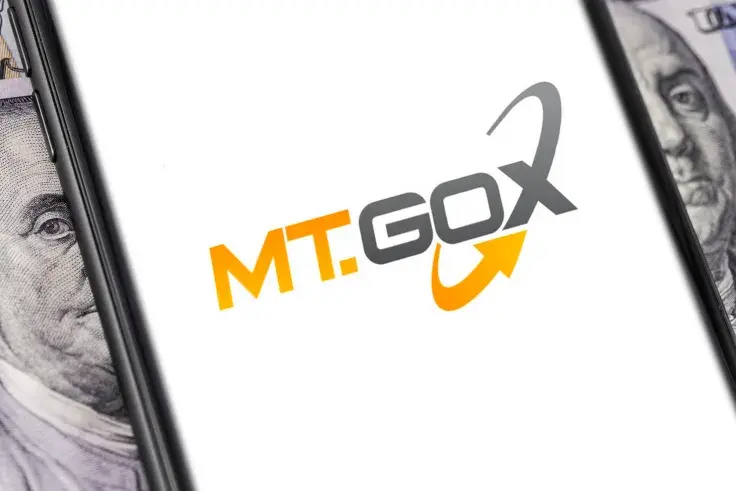During a recent interview with Forbes, Alavanche founder Emin Gün Sirer compared the severity of the Terra crash to the Mt. Gox hack. He fears that this kind of event will lead to more regulatory scrutiny.
As reported by U.Today, the Terra ecosystem went belly-up earlier this month, with the LUNA token crashing to zero following the de-pegging of the UST stablecoin.
Mt. Gox, which was the biggest crypto exchange in its prime, went bankrupt in February 2014 after a massive hack, causing a massive Bitcoin price drop.
He admits that Avalanche was getting choked by LUNA’s fast growth at one point because it was attracting plenty of money.
The rise of LUNA also led to the creation of copycats that wanted to replicate its success.
Avalanche then decided to form a partnership with Terra that ended up being “obviously problematic.”
He admits that the Avalanche Foundation has lost “some money” as a result. However, he stressed that it was not a problem for the foundation in the grand scheme of things.
As of now, the LFG holds roughly $60 million. Even if it dumped all these coins at once, the sale wouldn’t affect the token’s price in any meaningful way since its trading volume is much higher.
The Terra team has confirmed that it hasn’t sold its AVAX tokens.
The Avalanche foundation was fully aware of the risks associated with algorithmic stablecoins, but it decided to go with the partnership anyway since it could yield significant results.
As reported by U.Today, Terra founder Do Kwon compared the project’s downfall to the infamous DAO hack, which causes an existential crisis for the Ethereum network.
The Avalanche founder is convinced that it is much more significant than the DAO hack.



 Dan Burgin
Dan Burgin Vladislav Sopov
Vladislav Sopov